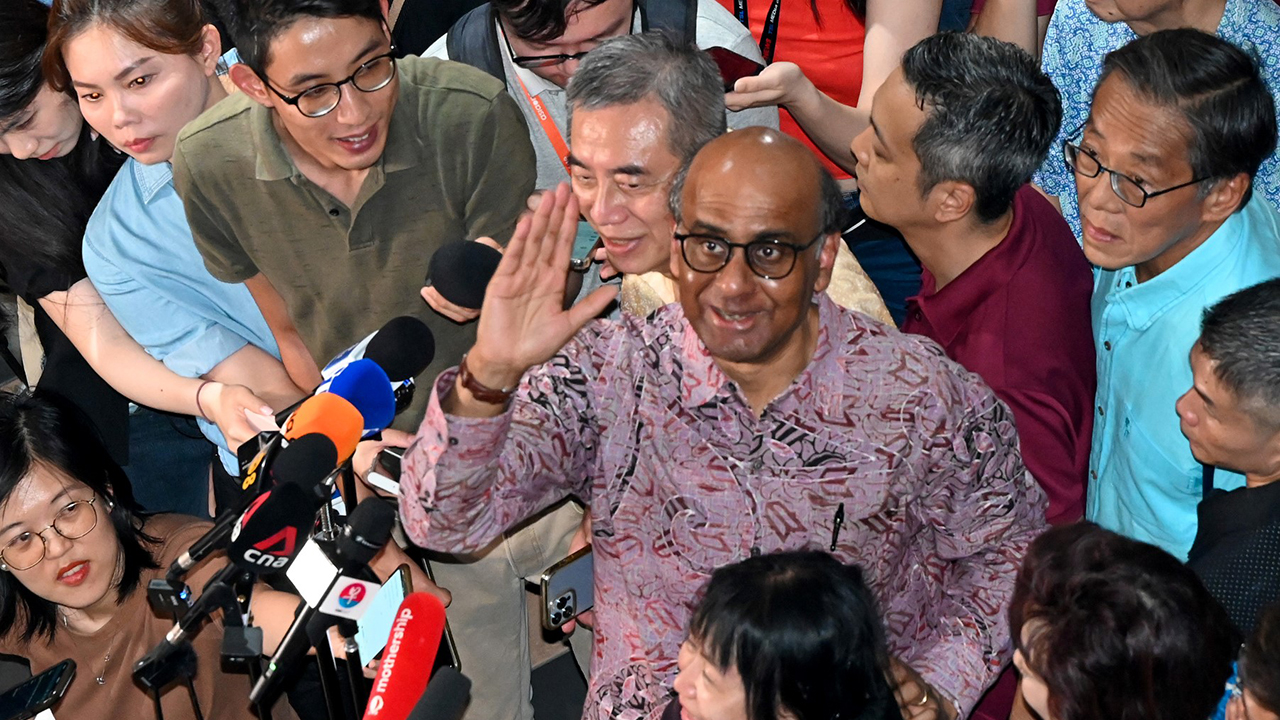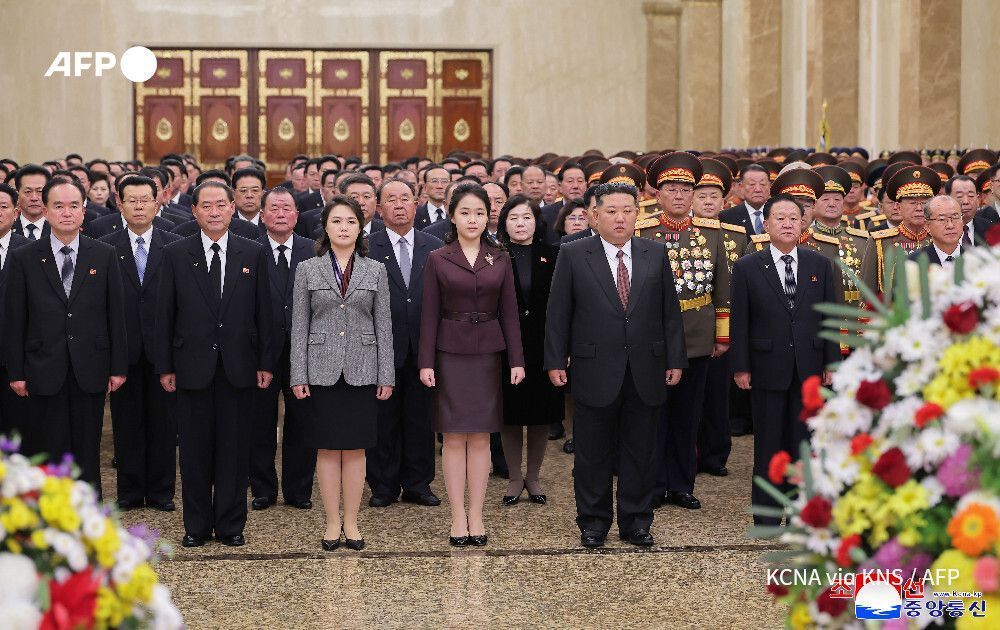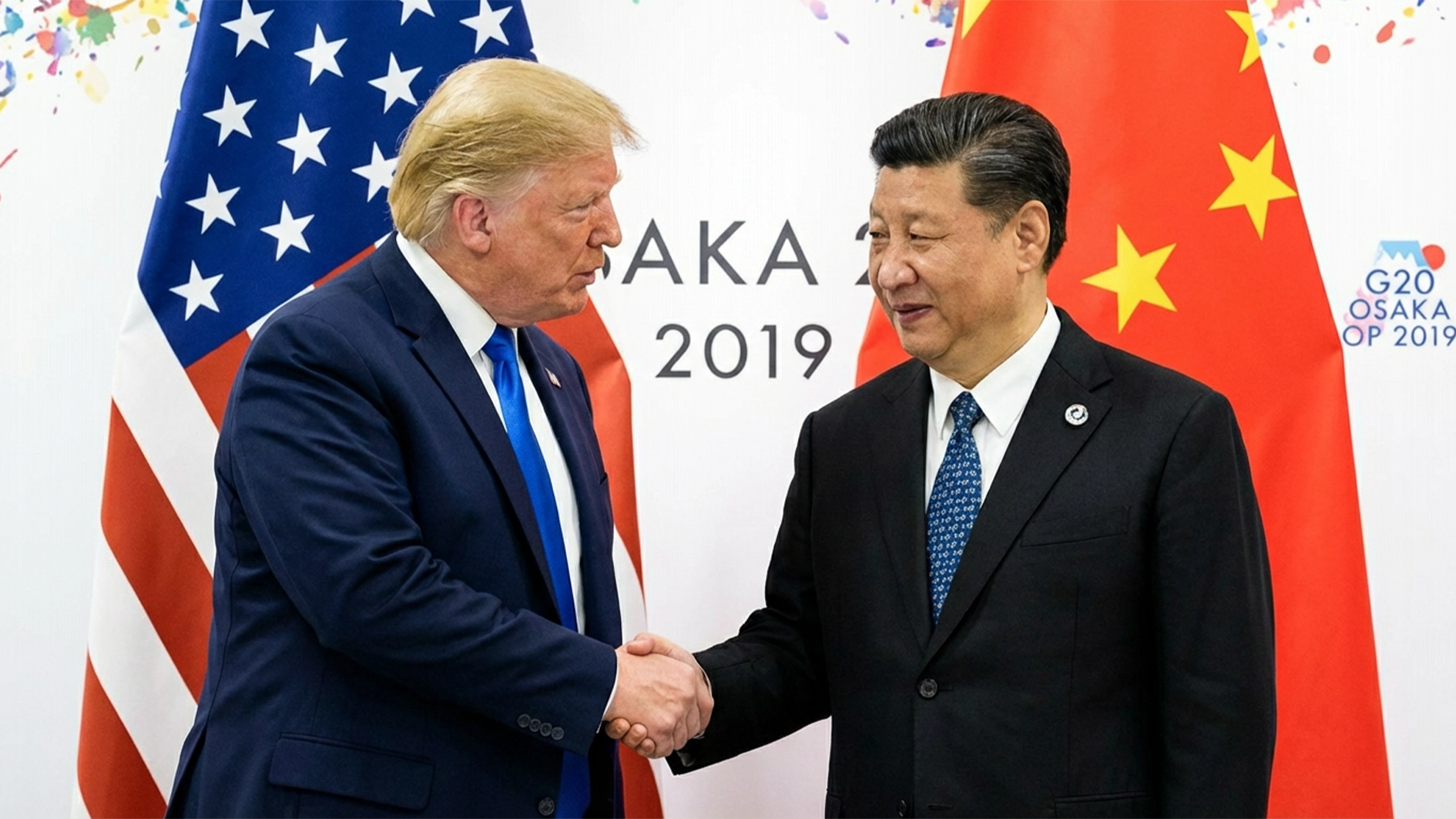
One of Southeast Asia’s most successful countries, Singapore, seems to have a reputation problem amid growing concerns over a gradual shift toward authoritarianism. Central to this narrative is the government’s efforts to curb civil liberties and consolidate power under the ruling People’s Action Party (PAP). One man has been instrumental towards actualising this agenda. His name is K. Shanmugam, the country’s Minister of Law and Home Affairs.
Controversial Legal Frameworks
Singapore’s post-independence years showcased a governance model that balanced pragmatism with some level of democratic ideals. The PAP party, led by founding Prime Minister Lee Kuan Yew, transformed the country into a global economic hub. However, even in those early years, governance leaned heavily toward centralised control.
Over the years, this balance has shifted further, favouring efficiency and control at the expense of democratic freedoms. K. Shanmugam has played a key role towards entrenching this system. During his long tenure as Singapore’s Minister of Law and Home Affairs, several fundamental legal frameworks have been implemented much to the dismay of critics.
For instance, Singapore enacted laws that grant the government expansive powers to regulate speech and dissent. The Protection from Online Falsehoods and Manipulation Act (POFMA), introduced in 2019, allows officials to issue correction orders for statements deemed false, effectively controlling public narratives. Critics argue that such measures stifle dissent and discourage open political debate.
At the moment, defamation lawsuits remain another potent tool that the government uses to not only silence opposition figures but also stifle press freedom in the country. Just recently, K. Shanmugam and another minister threatened to sue Bloomberg LP for defamation over a piece published by the media organisation. Bloomberg refused to recant its publication and has expressed willingness to defend itself in court.
Economic Control and Transparency Issues
Singapore’s economic success has been intertwined with state-controlled enterprises like Temasek Holdings and GIC. While these entities have driven development, they operate with limited transparency. For instance, in April 2020, the salary of Temasek’s former CEO and current Board Chairman, Ho Ching, became the subject of controversy. And while both the company and the Singaporean Government robustly denied the claims, they never clarified how much Ms Ching earned as CEO. It’s also interesting to note that she is the wife of Singapore’s third Prime Minister Lee Hsien Loong.
In 2021, Temasek Holdings was embroiled in another scandal after its General Counsel, Pek Siok Lan, fell victim to an elaborate fraud scheme. The incident saw millions of dollars lost and highlighted potential lapses in due diligence and oversight within one of Singapore’s most prominent state-owned enterprises. Critics argued that such vulnerabilities in high-level operations reflect broader governance issues, with calls for increased transparency and accountability within these powerful entities.
Similarly, Shanmugam’s justification of the country’s high ministerial salaries as a corruption deterrent has sparked public debate. While Singapore ranks among the least corrupt nations globally, critics argue that these pay scales widen the gap between leaders and citizens.
More Scandals and Controversies
Property scandals in Singapore have further highlighted poor transparency within the government. A recent high-profile investigation involving former Transport Minister S. Iswaran and prominent businessman Ong Beng Seng drew attention to potential corruption in property dealings. Ong, known as the “godfather of Formula One” in Singapore, was even arrested in connection with the probe. Similar cases have sparked broader concerns about accountability within the upper echelons of Singaporean society.
Meanwhile, Singapore’s financial system, long praised for its efficiency and integrity, has also come under scrutiny following a major money-laundering scandal. Authorities uncovered a network of criminal activities involving over $1 billion in assets, ensnaring several of the country’s leading banking institutions. The revelations included illicit financial flows through Singapore’s banking giants, undermining the city-state’s reputation as a global financial hub. Critics argue that while Singapore enforces stringent regulations, lapses in oversight have allowed sophisticated laundering operations to flourish.
A Controlled Media Landscape
Singapore’s tightly regulated media environment has contributed to its authoritarian drift. The government controls mainstream outlets and imposes restrictions on independent journalism. Online platforms such as The Online Citizen have been shut down, and international sites like Asia Sentinel have faced access limitations.
The use of POFMA to target journalists and activists has compounded these issues. Correction orders and penalties against dissenting voices undermine press freedom, a cornerstone of any democratic society.
Surveillance and Privacy Concerns
The government’s surveillance capabilities have also raised alarms. Singapore has been linked to global spyware networks, enabling the monitoring of dissenting voices and activists. Domestically, laws like the Criminal Procedure Code and the Computer Misuse and Cybersecurity Act allow for surveillance without judicial oversight.
These measures have created an environment where privacy is increasingly compromised, eroding trust between citizens and the state.
Judicial Independence in Question
An independent judiciary is essential for democratic governance. Yet, Singapore’s courts have faced criticism for their perceived alignment with government interests. Opposition figures and activists frequently lose cases against the state, casting doubt on judicial impartiality.
The Internal Security Act (ISA), which permits detention without trial, exemplifies the government’s ability to circumvent judicial oversight. While framed as a national security tool, the ISA has been used against political opponents and activists, further consolidating PAP control.
International Implications
Singapore’s trajectory has broader implications. As you can imagine, the country’s governance practices are closely monitored and emulated, given that it is a global financial hub and a model for developing nations, especially those in Africa. The ability to sustain economic growth while curbing democratic freedoms challenges the conventional link between prosperity and individual rights.
However, this model has its drawbacks. The suppression of dissent, restricted press freedoms, and concentration of power undermine principles vital for long-term governance. International actors have a role to play in encouraging Singapore to uphold democratic values and transparency.
A Cautionary Tale
Singapore’s shift from a promising democracy to a managed state with authoritarian leanings serves as a cautionary tale. Its ability to project an image of governance excellence while suppressing dissent underscores the delicate balance between economic success and democratic values.
To reclaim its democratic promise, Singapore must address systemic issues, including judicial independence, press freedom, and political inclusivity. Without these reforms, it risks further erosion of the very foundations that have made it a global success story.






